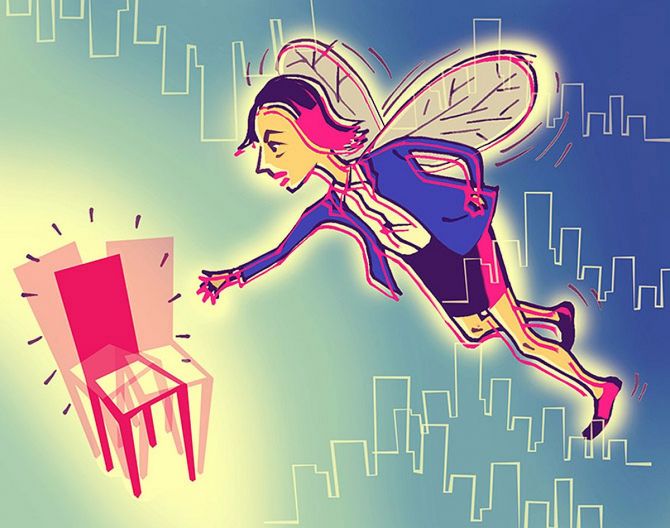Gender equality might have improved over the years but India's working women still contend with the strongest gender bias across Asia Pacific countries, says a report.

According to the LinkedIn Opportunity Index 2021, more women in India have experienced the impact of gender on career development when compared to the APAC region.
"In India, more than 4 in 5 working women (85 per cent) claim to have missed out on a raise, promotion, or work offer because of their gender, compared to the regional average of 60 per cent," the report said.
The report showed that even though 66 per cent of people in India feel that gender equality has improved compared to their parents' age, more than 7 in 10 working women and working mothers feel that managing familial responsibilities often comes in their way of career development.
In fact, about two-thirds of working women (63 per cent) and working mothers (69 per cent) said they have faced discrimination at work because of familial and household responsibilities.
LinkedIn commissioned independent market research firm GfK to conduct a research between January 26-31, 2021.
The online survey was conducted among 18 to 65 year olds.
There were more than 10,000 respondents across the Asia Pacific region, from Australia, China, India, Japan, Malaysia, Philippines and Singapore.
The survey covered 2,285 respondents in India, 1,223 of whom were males and 1,053 were females.
"Gender inequality at work and added domestic responsibilities amid the pandemic have collectively made women's jobs more vulnerable at this time," said Ruchee Anand, Director, Talent and Learning Solutions, India at LinkedIn.
According to Anand, it is the need of the hour for organisations to re-imagine their diversity practices and offer greater flexibility to caregivers in order to increase female participation in the workforce.
"Reduced and flexible schedules, more sabbaticals, and new opportunities to upskill and learn are critical offerings that can help organisations attract, hire, and retain more female talent," Anand said.
More than 4 in 5 (86 per cent) Indians stated that they were negatively impacted by the pandemic while 9 in 10 said they were affected by COVID-19 in terms of job retrenchment, pay cuts, and reduced working hours.
Indian professionals remain resilient towards recovery as 65 per cent of the professionals expect the economy to improve by June 2021.
Learning and upskilling is seen as imperative to future-proof their careers in this current climate.
About 57 per cent Indians are actively looking to learn new hard skills such as Artificial Intelligence, Cloud Computing, and Business Analytics, and soft skills such as Creative Thinking, Problem Solving, and Time Management, the report said.











 © 2025
© 2025